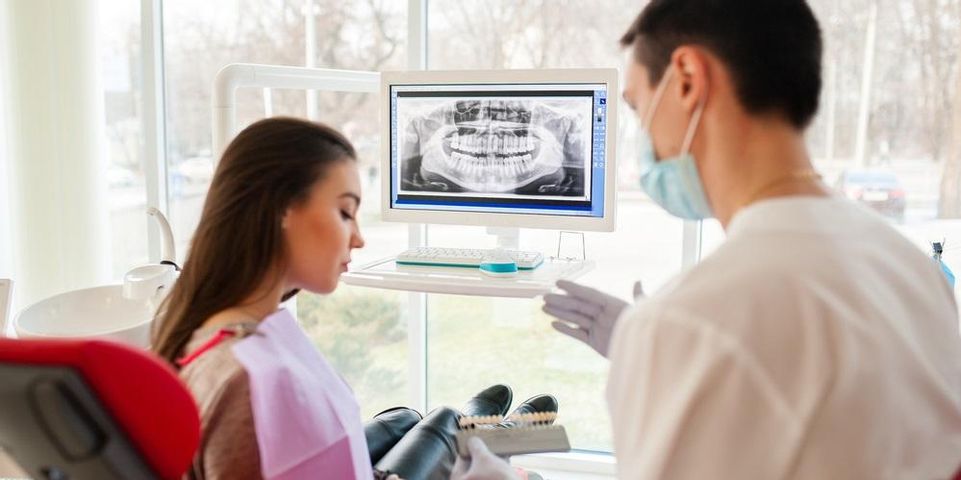
When a tooth is severely damaged, your dentist might recommend a dental crown. Crowns usually last decades, but do they put a complete stop to tooth decay? Jerry A Laws DDS has been a part of the Lexington, NC, community since 1980. Their goal is to help their patients maintain beautiful, healthy smiles, and they do this by providing honest and thorough information about their dental health. If you have a dental crown, pay attention to this quick guide.
Can a Tooth Get Decay Under a Crown?
 Dental crowns are made from either porcelain or metal, and they stand strong against everything from erosive acids to the stickiest candy. A tooth with a crown is not completely safe from cavities; in fact, many people with dental crowns still get cavities.
Dental crowns are made from either porcelain or metal, and they stand strong against everything from erosive acids to the stickiest candy. A tooth with a crown is not completely safe from cavities; in fact, many people with dental crowns still get cavities.
Plaque and bacteria accumulate where the crown meets the natural tooth, which is usually near the gum line where a small cavity begins to form. Once established, the decay will spread quickly up and underneath the crown. Because it’s hidden by the crown, decay can reach serious stages and destroy the entire tooth before you realize it’s happening. At that point, tooth extraction is the only solution.
How Can It be Stopped?
The key to stopping tooth decay under a dental crown is the same as preventing cavities on non-crowned teeth. Cavities form near the gum line usually because the area isn’t flossed as often as it needs to be. Brushing twice daily is important, but no toothbrush will reach into those crevices where the tooth meets the crown. Floss every day, and pay close attention to teeth with crowns. Your dentist will recommend regular X-rays at your six-month checkup. You can’t tell by looking at a crown whether or not the tooth underneath is healthy or decaying, but an X-ray will uncover the truth.
Having a dental crown should be a positive step in your oral health. Don’t let the progress get ruined by neglecting to take care of your teeth. If you have questions about caring for your dental crown, speak with the friendly team at Jerry A Laws DDS and Caitlin L. Miller, DMD. They’ll explain everything and help you take steps toward a better smile. Call (336) 249-7708, or visit the website for more information.
About the Business
Have a question? Ask the experts!
Send your question

